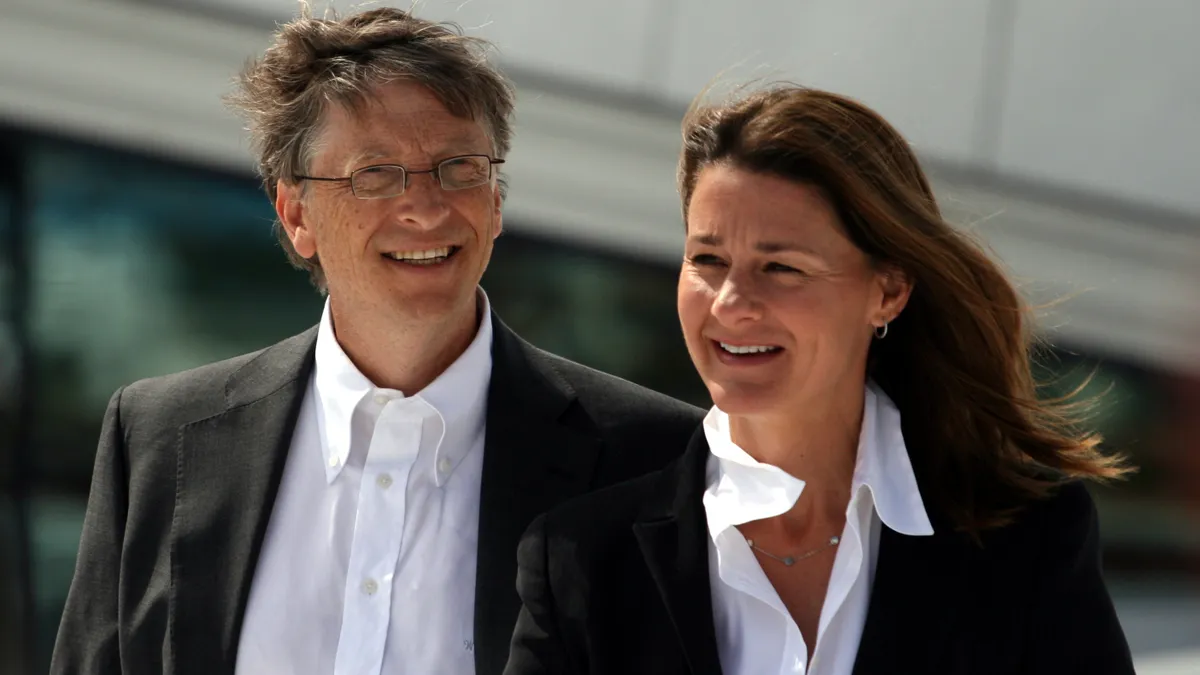Dive Brief:
- The Bill and Melinda Gates Foundation announced in a blog post that it will commit $158 million to combat poverty in the United States.
- Unlike much of the foundation's other work that takes a targeted approach — such as fighting a specific disease — the funding will support the plethora of groups that already exist to break down barriers to economic opportunity.
- Investments will take place over four years in five areas: closing data gaps, helping local leaders create partnerships, fostering collaboration among organizations fighting poverty, helping workers in low-income jobs improve their situations and creating better understanding of poverty and the challenges of escaping it.
Dive Insight:
The foundation's funding commitment is different from its previous work not only in its approach, but also in that it focuses on domestic improvement instead of the usual spotlight on global health and development initiatives.
The initiative could have a noticeable effect on how poverty is viewed and addressed in U.S. cities. Two of its five core goals involve creating better connections in sectors that sometimes fall victim to operating in silos and separately from similar organizations: nonprofit/advocacy groups and municipal government. Bridging communication and collaboration among cities leads to sharing what's working to fight poverty and adding successful programs in more cities.
These discussions are important because city problems rarely remain confined within municipal borders. Problems spread to surrounding areas and entire regions, as well as to the entire United States. Skyrocketing housing costs, for example, contribute to poverty and homelessness and increasingly are apparent in cities of all sizes throughout the country. Salt Lake City, for example, picked up on that concept and after making its own housing plan, it encouraged neighboring cities to do the same to prevent widespread, regional housing affordability problems.
Internet accessibility is another widespread problem linked to poverty. Well-off, urban residents have far better broadband quality and access, whereas low-income residents often struggle just to get access to the internet, which can further hinder their ability to improve their economic situations through educational programs, online training, job searches and filling out employment applications. More cities are joining those like San Francisco and St. Louis, MO in recognizing and working to close the digital divide.
Although the foundation might make an impact on U.S. poverty, it faces many challenges. Tackling a widespread problem in a multi-faceted way instead of with a honed, targeted response could present difficulty with maintaining cohesiveness and effectively measuring the initiative's success. Plus, some of the measures — such as increasing low-income workers' wages — require government policy changes over which the foundation has limited control. The pay gap issue is contentious and cities repeatedly grapple with how best to handle the controversial problem.
Still, the Gates Foundation hasn't shied away from challenging or controversial issues in the past, having taken on topics such as contraception and gender equality.











